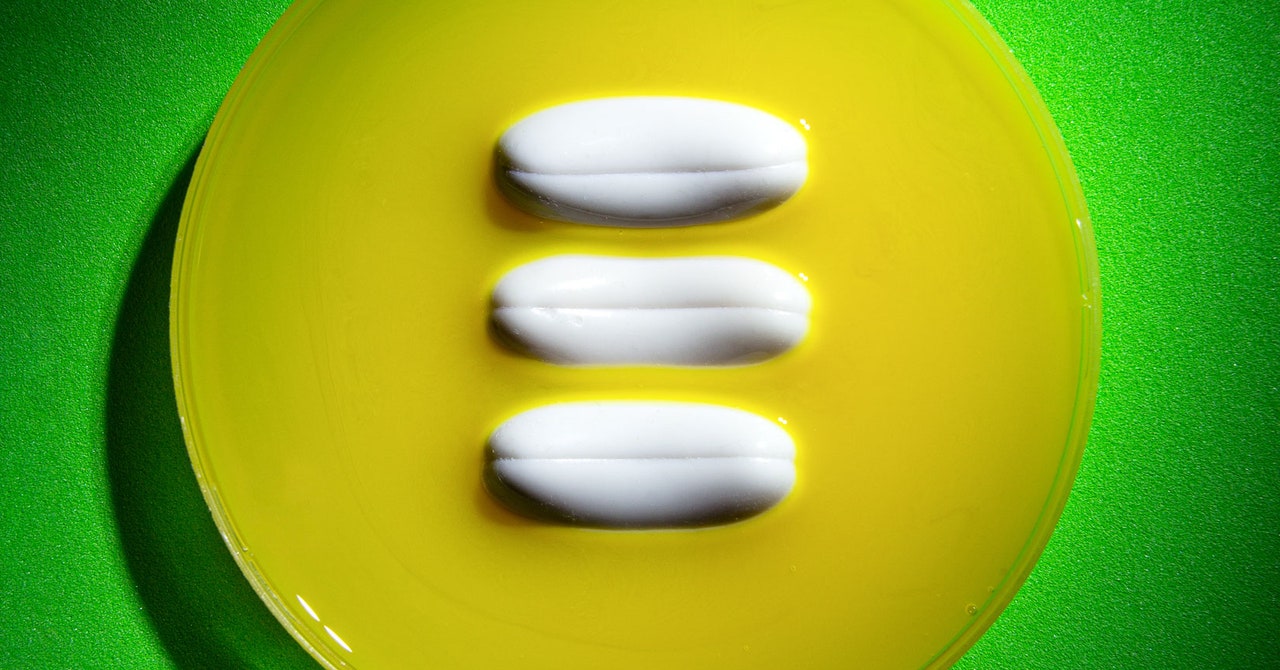
Medicine may be about to achieve a long-sought goal: a “morning-after pill” to prevent sexually transmitted infections. It could sharply reduce soaring rates of illness and huge health care costs.
The effectiveness of this pill—and it literally is a pill, a 200-milligram tablet of the antibiotic doxycycline—has been studied for a decade, and people have taken it covertly for years. But study results published in The New England Journal of Medicine look likely to tip the pill into clinical practice. In the study, conducted in San Francisco and Seattle, participants who took a single dose within 72 hours of having sex without a condom were only a third as likely to contract chlamydia, gonorrhea, or syphilis as those who didn’t take the pills.
As with everything in medicine, there are footnotes to the findings, and risks to balance the benefits. The study was conducted only among gay and bisexual men, along with transgender women and nonbinary people assigned male at birth. Within those groups, it was limited to people who had been diagnosed with a sexually transmitted infection (STI) in the past year. The study didn’t include cisgender women; in past studies, the preventive antibiotic has not worked as well for them. And the study noted, but didn’t explore in depth, the possibility that routinely administering an antibiotic could provoke resistance either among the bacteria that cause STIs or others carried in participants’ bodies.
All that said, the results have created real excitement among physicians and people who would be eligible to take what’s being called doxyPEP (for doxycycline post-exposure prophylaxis)—even though health authorities, such as the US Centers for Disease Control and Prevention, haven’t yet made formal recommendations for its use.
“I think this is a real game-changer,” says Paul Adamson, an infectious disease physician and assistant clinical professor of medicine at the University of California, Los Angeles. “We have a huge amount of bacterial STIs in the US. Gay and bisexual men who have sex with men are disproportionately burdened by them. And we have not had a lot of tools that we can use to help.”
To understand why doxyPEP could be so significant, it’s important to consider what’s been happening with STIs. Briefly: They’re skyrocketing. Since 2017, according to the CDC, the most important of these diseases have reached historic highs: Gonorrhea has increased by 28 percent, and syphilis by 74 percent. And while chlamydia diagnoses haven’t quite returned to their pre-Covid levels, the agency worries that might be due to pandemic disruptions to care, rather than to an actual decrease in transmission. All of those infections have profound long-term consequences if they are not diagnosed and treated, including making people more vulnerable to HIV infection. Collectively, they cost the US health care system more than $1 billion per year.
Meanwhile, congenital syphilis—passed from mother to infant at birth, a sign that the pregnant person never received adequate prenatal care—caused 220 stillbirths and infant deaths in 2021, the last year for which there are national figures. Gonorrhea is gaining resistance to the last antibiotics currently available to treat it.


